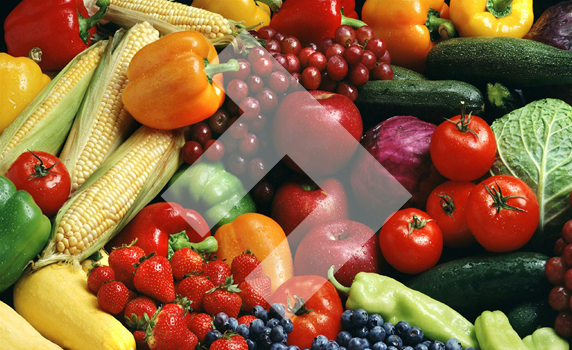Sometimes it feels like there’s a new item being branded as a ‘superfood’ just about every day, whether it’s in the marketing for a new product, or the latest fad in a magazine. It can be really difficult to understand what it means and if it’s important for your health. Here we’re going to take a quick look at the term, and whether you should trust it at all.
Marketing
First things first; the word is a marketing term, nothing more. The definition is generally regarded to be a food high in nutrients that is considered to be beneficial for health or the curing of diseases, but there’s no set criteria that make something a superfood. So if a company thinks that a type of fruit is especially beneficial, they may market it as a superfood. Dieticians and nutritionists will very rarely use the term for instance, and in the EU, it’s against the law to market something as a superfood without solid research and evidence.
So we know that the term doesn’t actually mean all that much, but does this mean that we should disregard it entirely?
Benefits
Well, there’s certainly some truth to the health benefits of a great many foods that have been given the accolade, but in general the advice is that they play a strong part in a healthy and balanced diet; they are not necessarily vastly superior to other foods. Berries, nuts and seeds are the most common foods to be branded as superfoods, and they are certainly great for getting in all of the vitamins and nutrients that people need, but they aren’t substitutes for a normal diet. If you use a plan from a nutritionist like Superbody, it’s unlikely to make specific mention to anything being a superfood, or rely heavily on them.
The one thing you must be aware of however, is spurious claims of superfoods being able to treat health conditions. As things stand, there’s no evidence that any of the major superfoods have any significant effect in curing any of the diseases that some have claimed. If and when proven links are made, these foods are far more likely to become medicines.
So there you have it. The term ‘superfood’ is a marketing one, and you shouldn’t necessarily place any more stock in these foods than anything else that constitutes a balanced diet. There’s nothing wrong with them, but they may not be the answer to the problems that retailers might claim.
![]()
 Instagram
Instagram Pinterest
Pinterest Facebook
Facebook Twitter
Twitter YouTube
YouTube




 Paul
Paul 



